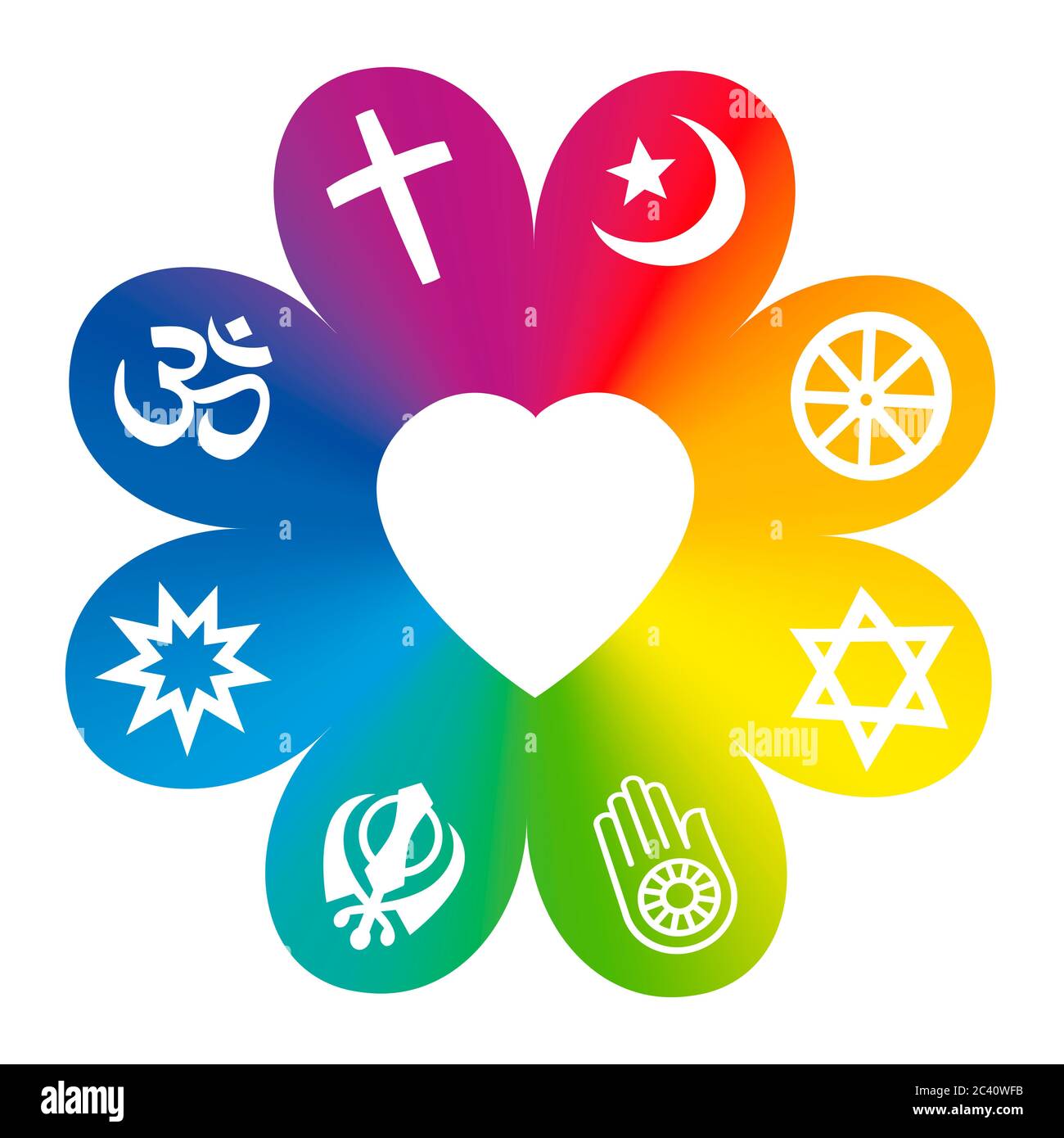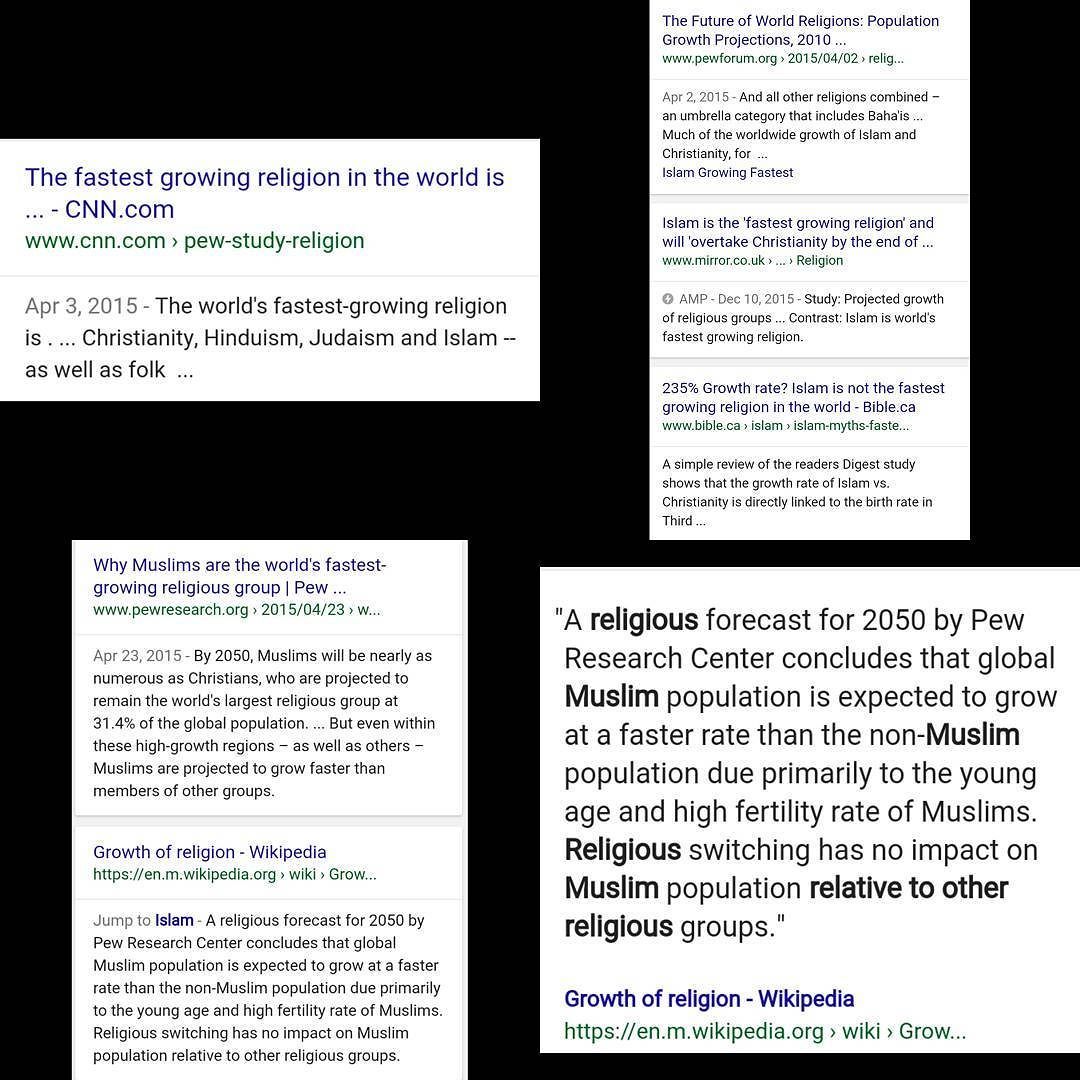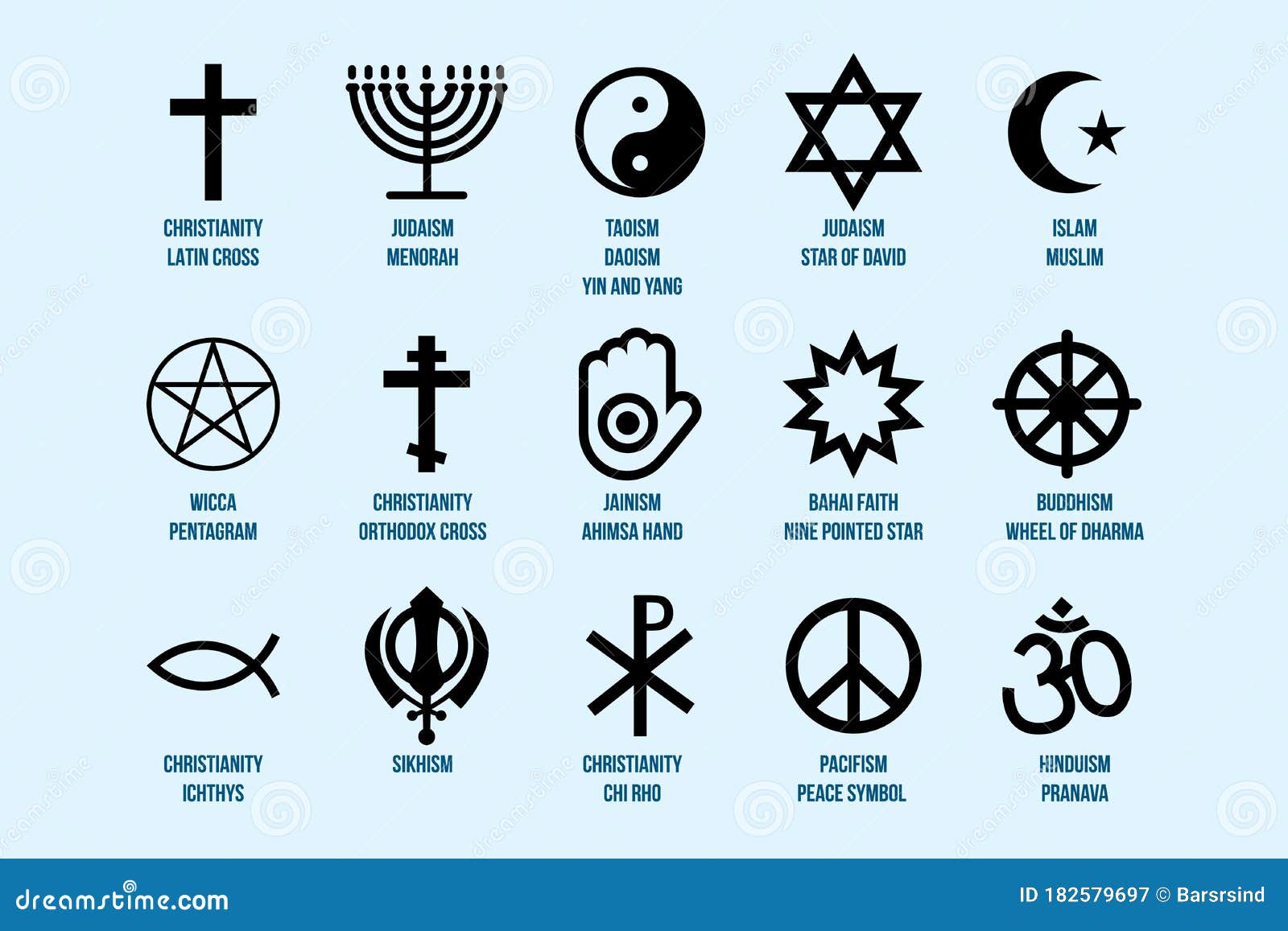Understanding the Faith of the Sister Wives: Insights, Shifts, and Real-World Guidance
Introduction: The Religious Roots of the Sister Wives Family
The television series
Sister Wives
has brought national attention to a unique form of polygamous family life. Central to the show’s early seasons was the religious identity of the Brown family, whose members-Kody Brown and his wives-openly practiced plural marriage. To understand their motivations and experiences, it is essential to explore their religious background, the changes that have occurred over time, and the broader context for those interested in similar faith communities.
Religious Affiliation: Apostolic United Brethren and Fundamentalist Mormonism
When
Sister Wives
debuted in 2010, the Browns were open about their faith. They identified as
fundamentalist Mormons
and were members of the
Apostolic United Brethren (AUB)
, a fundamentalist sect that split from mainstream Mormonism. The AUB is distinct from the Church of Jesus Christ of Latter-day Saints (LDS Church), which officially banned polygamy in 1890. The AUB, by contrast, continues to uphold the practice of plural marriage as a pathway to the highest spiritual exaltation in the afterlife
[1]
[2]
.
The AUB is estimated to have over 7,000 members, primarily in Utah, Arizona, Wyoming, Montana, and Mexico. Not every AUB member practices polygamy, but it is encouraged and regarded as a religious duty by many adherents. For the Browns, polygamy was both a matter of faith and a lifestyle choice, deeply rooted in their upbringing and beliefs [1] .
Family Background and Upbringing
Kody Brown and several of his wives were raised in polygamous households themselves, giving them a positive perspective on plural marriage. This background influenced their decision to adopt the same lifestyle as adults. The Brown children, including Maddie Brown Brush, were brought up within this religious framework, attending AUB services and following its teachings [3] .
It’s important to note that the Browns’ faith journey has not been static. Over time, the family’s approach to religion and polygamy has evolved, influenced by personal experiences, societal pressures, and the impact of public scrutiny from being in the national spotlight [2] .
Shifting Beliefs and Current Religious Practices
In the early seasons of
Sister Wives
, faith and religious observance were integral parts of the family’s life. However, as the series progressed and family dynamics changed, religion played a less central role. The Browns’ marriages experienced strain, and their collective connection to the AUB weakened. Kody Brown himself has reportedly distanced from the church, while some family members, such as Robyn, continue to express a desire to maintain their religious ties
[2]
[4]
.
Robyn Brown, for example, was born into the AUB and has spoken on the show about her struggle to balance her faith with the evolving reality of her family life. She has expressed regret that her children are missing out on the religious community she valued growing up, highlighting the diverse religious experiences among the sister wives [4] .

Source: depositphotos.com
For those interested in how faith communities adapt or shift beliefs over time, the Browns’ journey provides a case study in the complex relationship between tradition, personal conviction, and the realities of modern family life.
Practical Guidance: How to Learn More or Engage with Similar Faiths
If you are interested in learning more about fundamentalist Mormon groups like the AUB or about the beliefs and practices associated with polygamy, consider the following steps:
-
Research Authoritative Sources:
Start by reading about the history and doctrine of the AUB and other fundamentalist Mormon sects. Academic publications, reputable news outlets, and official AUB communications provide foundational knowledge. The
Salt Lake Tribune
and
Deseret News
often report on Mormon issues. - Contact Faith Communities: If you wish to engage with or visit a congregation, you may contact the organization’s official offices. For the AUB, you can search for their official contact information online or visit community centers in Utah and surrounding states. Approach with respect and understanding, as these communities value privacy.
- Understand Legal and Social Context: Polygamy remains illegal under U.S. federal law, though enforcement and attitudes vary by state. If you have legal questions or concerns, consult with a qualified attorney familiar with family and religious law.
-
Seek Supportive Organizations:
There are organizations dedicated to supporting individuals who wish to leave or join polygamous communities. Groups like
Sound Choices Coalition
offer resources for those seeking information or assistance. Always verify the organization’s credibility before engaging. - Respect Privacy and Diversity: Not all individuals from polygamous backgrounds share the same beliefs or experiences. Approach conversations with curiosity and empathy, avoiding assumptions or stereotypes.
If you are considering joining or leaving a religious group, it can be helpful to consult with a counselor or faith leader who understands the complexities of religious identity and family structure.
Challenges and Considerations for Faith Transitions
Leaving or remaining in a fundamentalist faith can have significant social, emotional, and practical consequences. Members who depart from the AUB or similar groups may experience isolation, family tension, or the need to rebuild community outside their former faith. Conversely, those who remain may face difficulties reconciling traditional beliefs with modern societal norms.
For the Browns, this tension is evident in their journey. As some members distance themselves from the church, others, like Robyn, struggle to maintain a sense of religious belonging. This mirrors the broader experiences of many individuals raised in insular or non-mainstream religious communities.
Alternative Approaches for Exploring Faith and Family Structure
There are multiple ways to engage with questions of faith, family, and identity:
- Interfaith Dialogue: Consider participating in interfaith groups or community forums to discuss shared experiences and learn from diverse perspectives.
- Online Communities: Many former and current members of polygamous faiths share their experiences in online forums, blogs, and social media groups. Exercise caution and seek out supportive, respectful spaces.
- Educational Events: Attend public lectures, seminars, or university courses on new religious movements, family law, or the sociology of religion. These events can provide broader context and expert insights.
Key Takeaways
The Sister Wives family’s religious journey began within the Apostolic United Brethren, a fundamentalist Mormon sect that encourages polygamy. Over time, the Browns’ relationship with faith has shifted, reflecting broader questions faced by many in similar communities. For those wishing to learn more, approach with curiosity, respect, and a commitment to understanding the complex interplay of belief, identity, and family. Always seek out verified sources and avoid assumptions about individual experiences.

Source: animalia-life.club
References
- [1] Collider (2025). How the Browns’ Religious Practices Shifted on ‘Sister Wives’.
- [2] Collider (2025). Do the Browns Still Practice Their Religion? The Truth Behind ‘Sister Wives’.
- [3] IMDb (2025). ‘Sister Wives’ Maddie Brown Opens Up About Her Religious Views.
- [4] YouTube (2025). Sister Wives – It’s Either Religion Or True Love For Robyn.
MORE FROM cheerdeal.com













